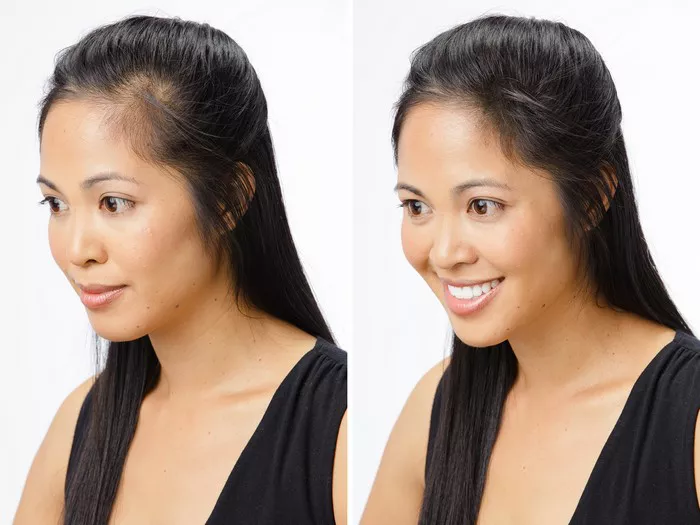Hair loss is a common concern for many individuals, and hair transplant procedures have become an effective solution to address this issue. However, the question often arises: “Do you have to use Rogaine after a hair transplant?” In this article, we’ll explore the role of Rogaine in post-hair transplant care and discuss whether it’s a necessary step for a successful outcome.
The Purpose of Rogaine
Rogaine, also known as minoxidil, is a topical medication that is commonly used to treat hair loss. It works by stimulating hair follicles and promoting hair growth. While Rogaine is frequently used by individuals experiencing natural hair loss, its role in the context of a hair transplant is distinct.
1. Enhancing Transplanted Hair Growth
After a hair transplant, the transplanted hair grafts need time to establish themselves in the recipient area. Using Rogaine can help accelerate the growth of these transplanted hairs by promoting blood circulation to the scalp and providing the necessary nutrients.
2. Strengthening Existing Hair
Rogaine not only aids the growth of transplanted hair but can also have a positive impact on existing hair. By promoting overall scalp health, Rogaine may contribute to the longevity and vitality of non-transplanted hair.
Do I have to use Rogaine after hair transplant?
The decision to use Rogaine after a hair transplant varies. Rogaine, or minoxidil, is a topical treatment that stimulates hair growth. While some experts recommend using it to enhance transplanted hair growth and strengthen existing hair, it’s not mandatory. Factors like individual response, transplant technique, and overall goals play a role. It’s advisable to consult your hair transplant surgeon for personalized advice. They can assess your specific case and guide you on whether Rogaine aligns with your post-transplant care plan. Ultimately, while Rogaine can potentially benefit post-transplant hair, its usage should be determined based on professional guidance and personal preferences.
Considerations for Usage
While Rogaine can offer potential benefits after a hair transplant, there are considerations to keep in mind before incorporating it into your post-operative routine.
Hair transplant patients are usually advised to wait for a certain period before using Rogaine. This allows the transplanted grafts to settle and reduces the risk of irritation or interference with the healing process.
It’s essential to follow the usage instructions provided by both the hair transplant surgeon and the manufacturer of Rogaine. Proper application and consistent use are crucial for achieving optimal results.
Recommendations from Experts
The use of Rogaine after a hair transplant is a topic of discussion among experts in the field. While there isn’t a universal consensus, many hair transplant surgeons provide recommendations based on their experience and the individual patient’s needs.
Hair transplant surgeons often create personalized treatment plans for their patients. Depending on factors such as the extent of hair loss, the patient’s overall health, and the specific transplant technique used, the recommendation to use Rogaine may vary.
Some experts believe that using Rogaine after a hair transplant can enhance the overall results of the procedure. It may help promote uniform hair growth, reduce the risk of shock loss (temporary shedding of transplanted hairs), and improve the overall appearance of the transplanted area.
See Also: Heal After Hair Transplant: How To Speed Up?
Conclusion
In the journey to address hair loss and restore confidence, a hair transplant can be a transformative procedure. While the use of Rogaine after a hair transplant remains a subject of discussion, it’s important to remember that the decision should be made based on professional guidance and individual needs. With advancements in hair restoration techniques and supportive treatments like Rogaine, individuals can take proactive steps toward achieving their desired outcomes.


